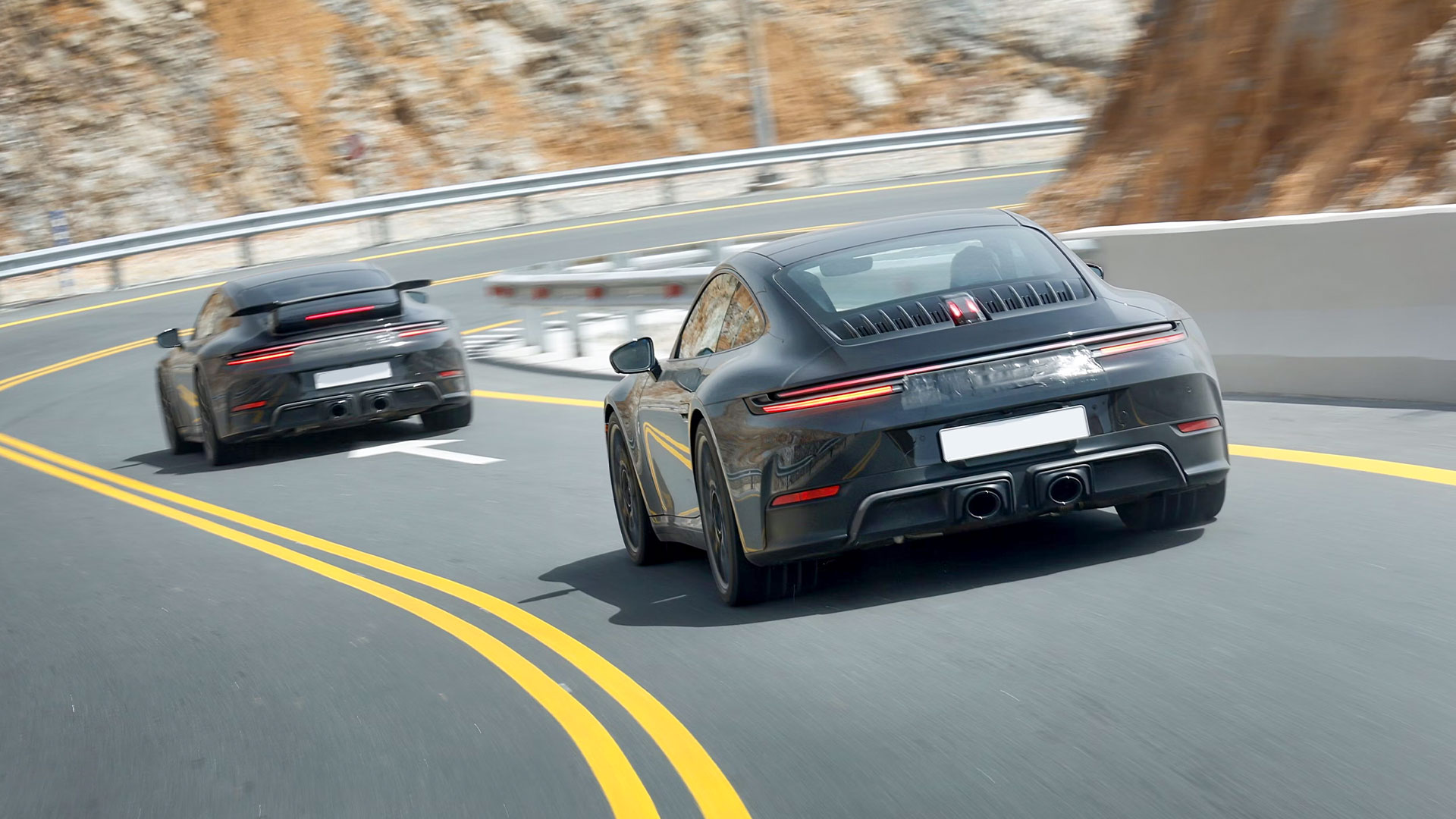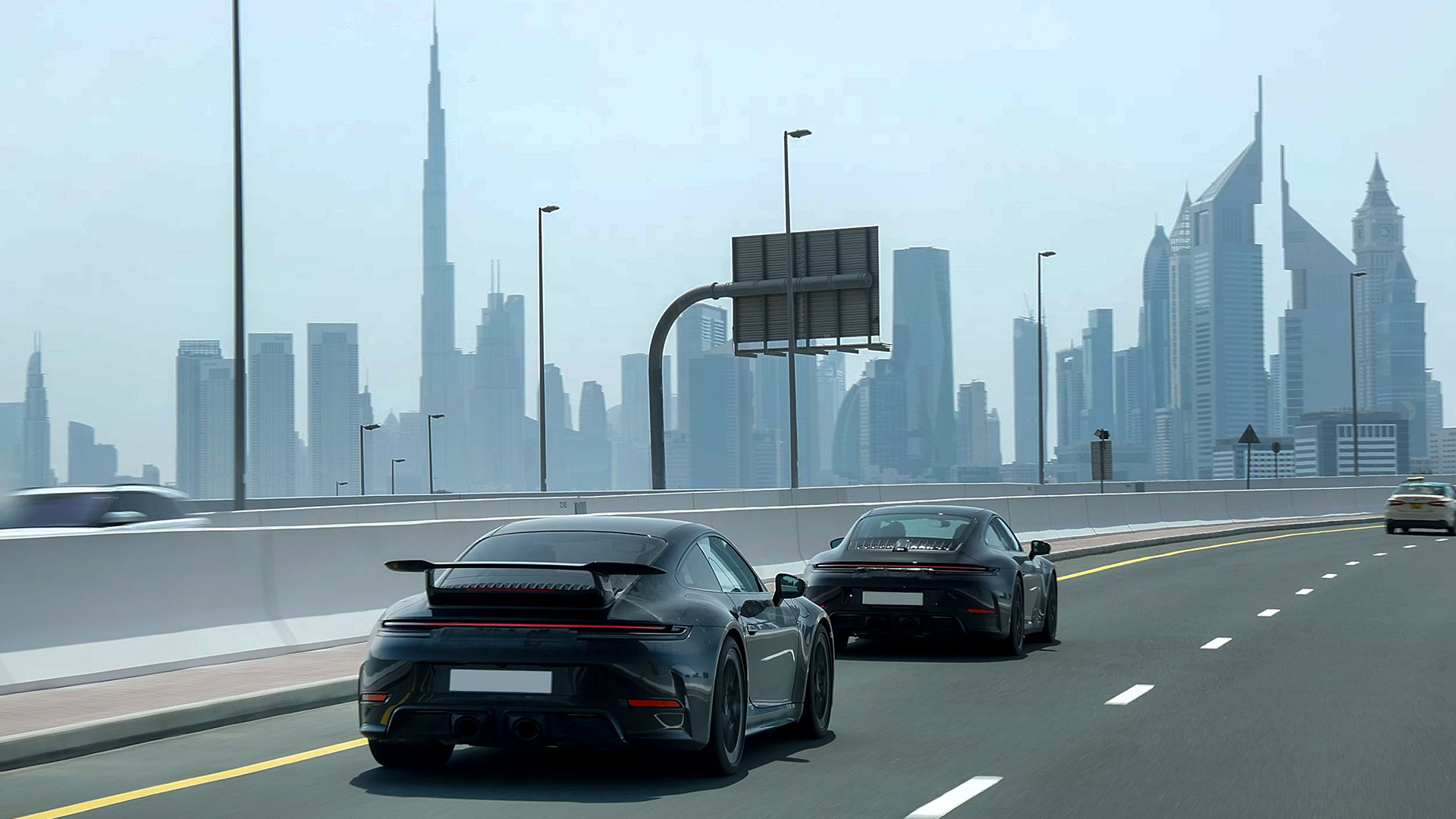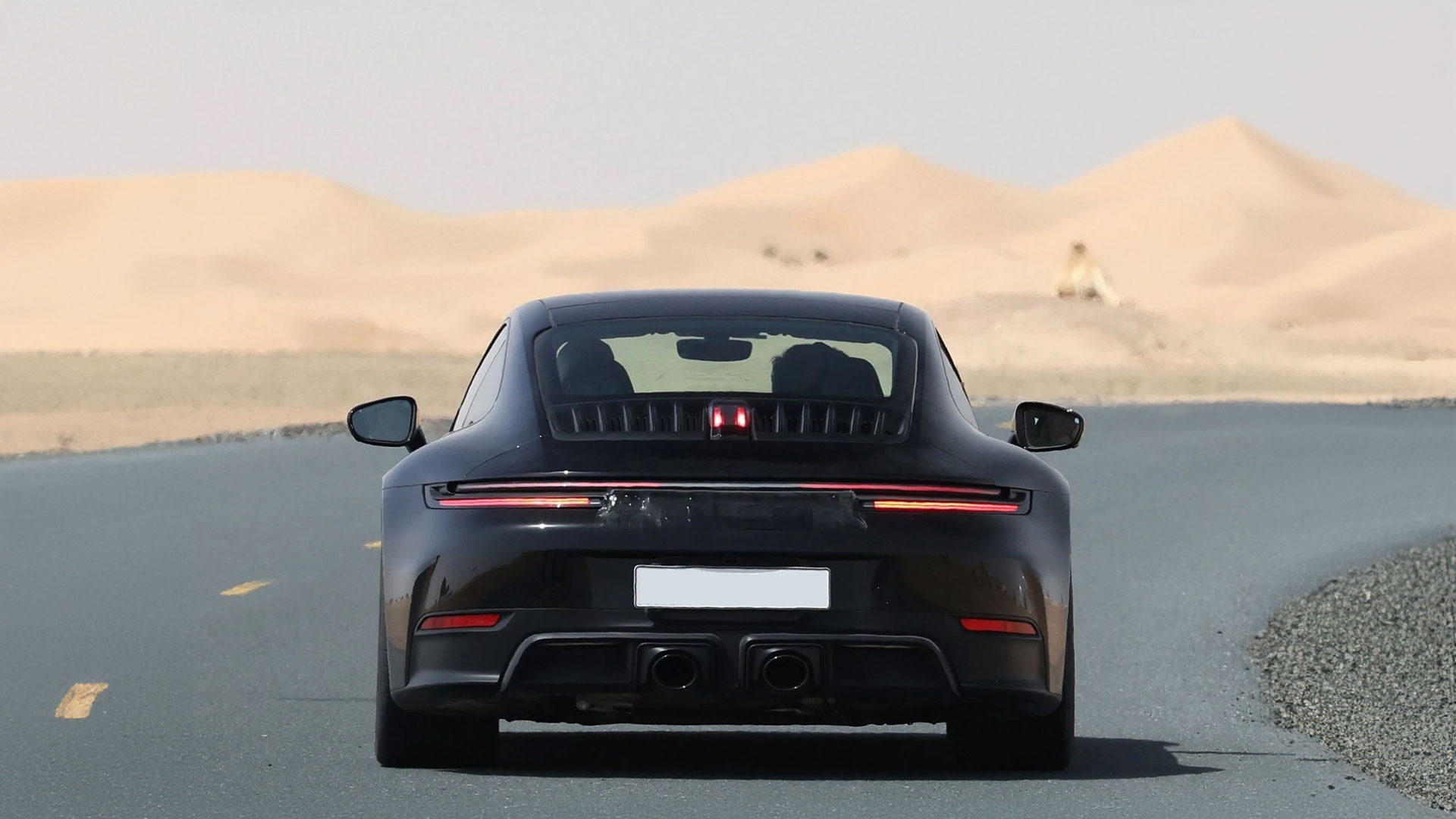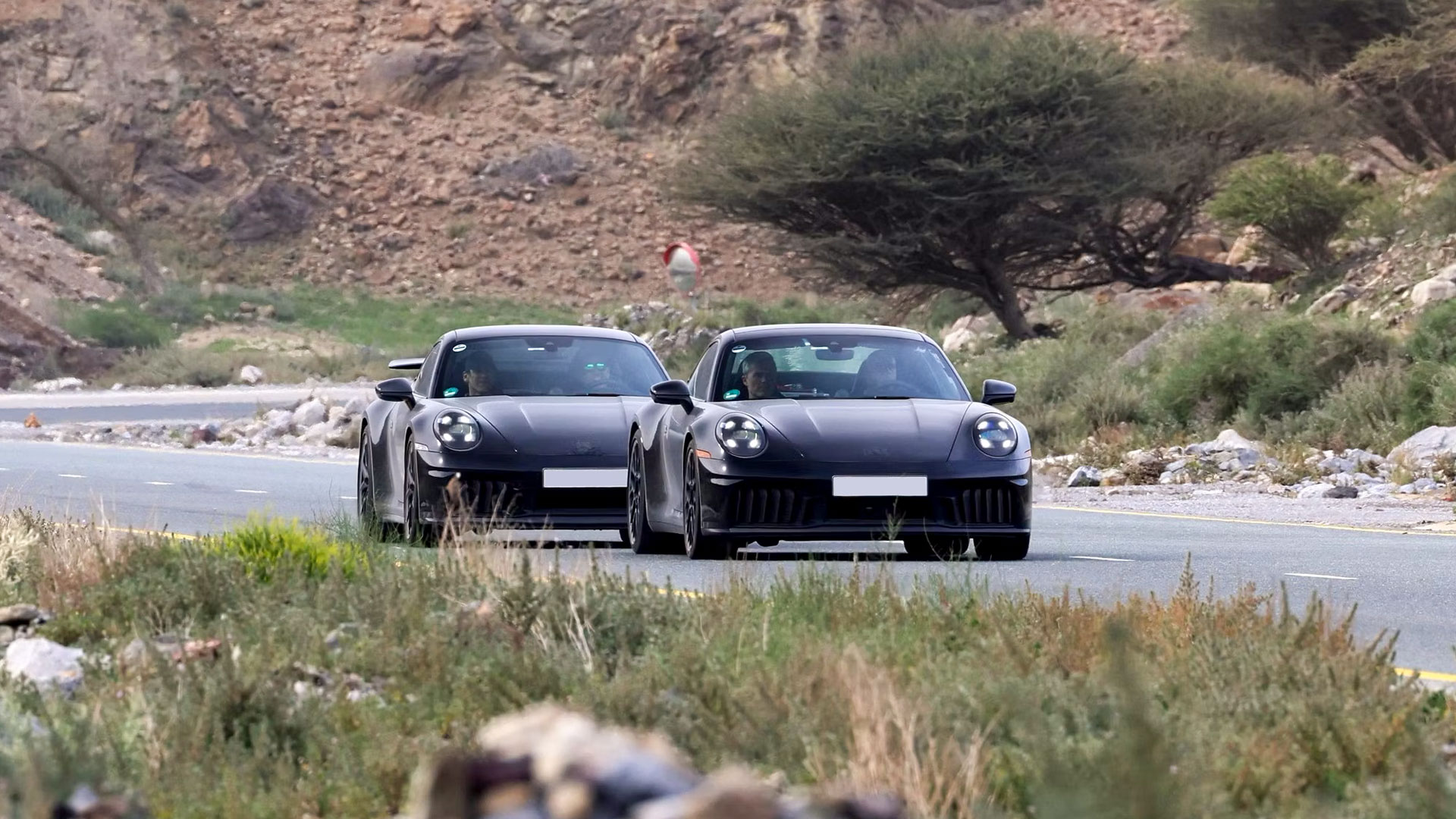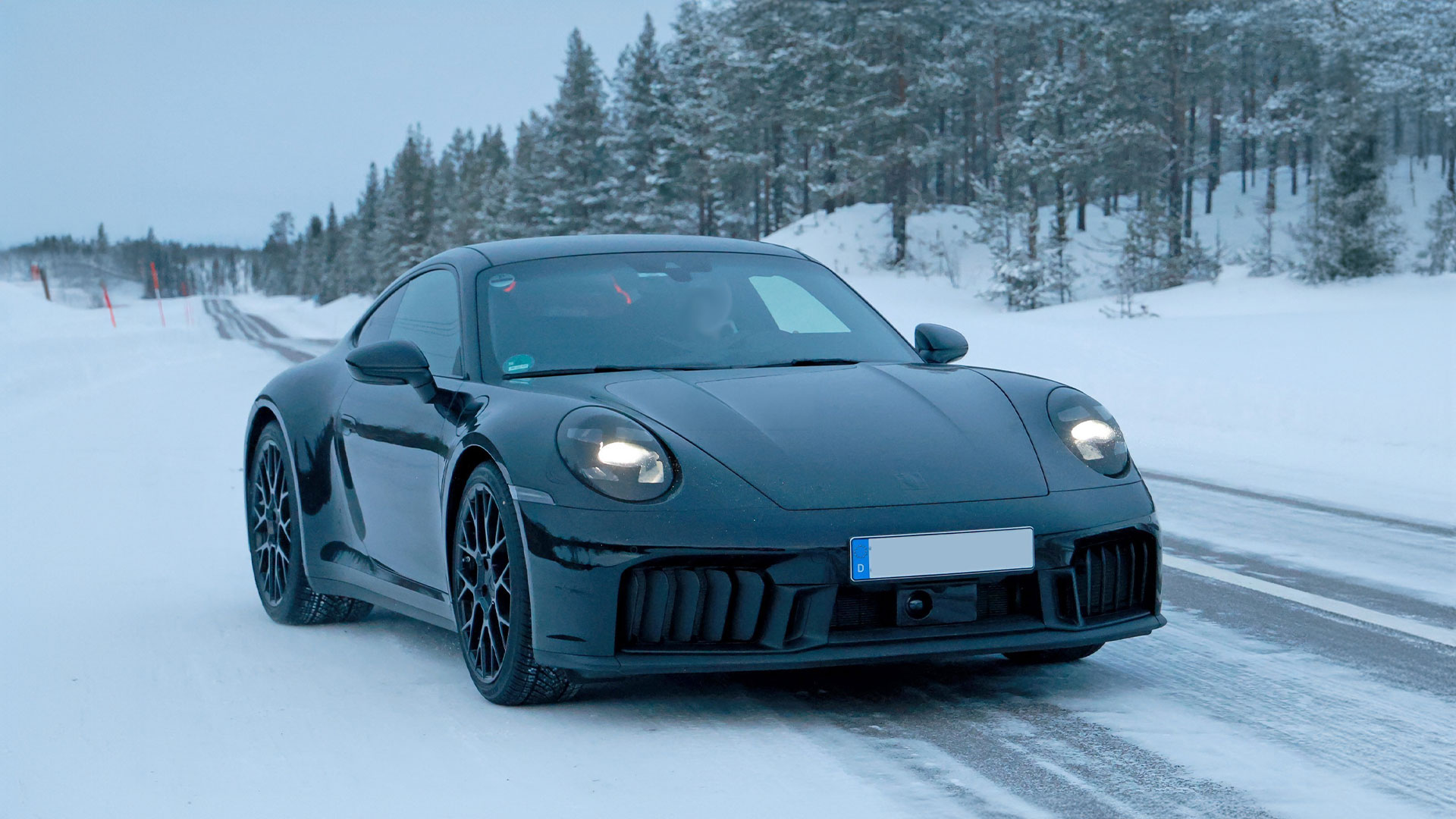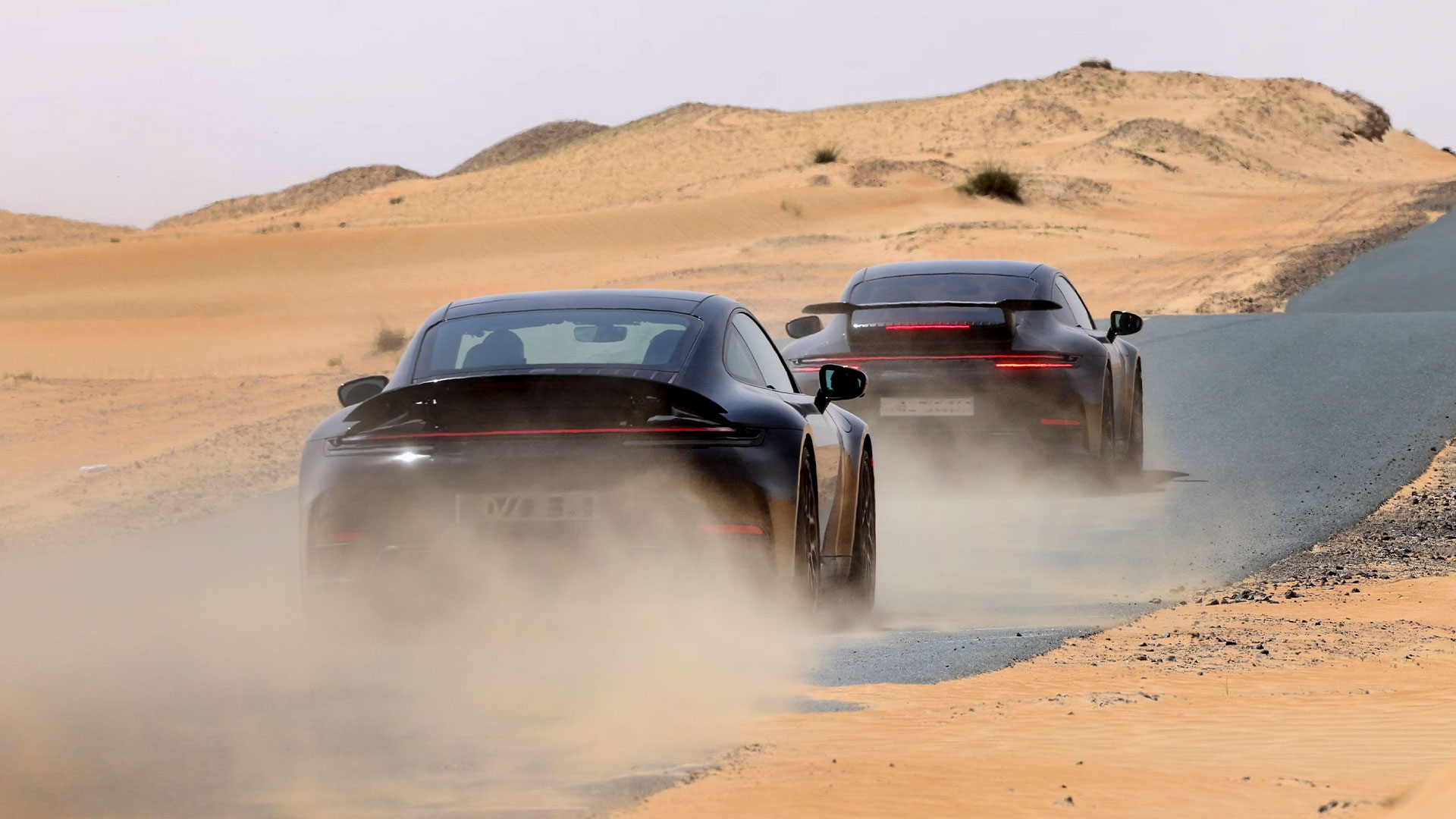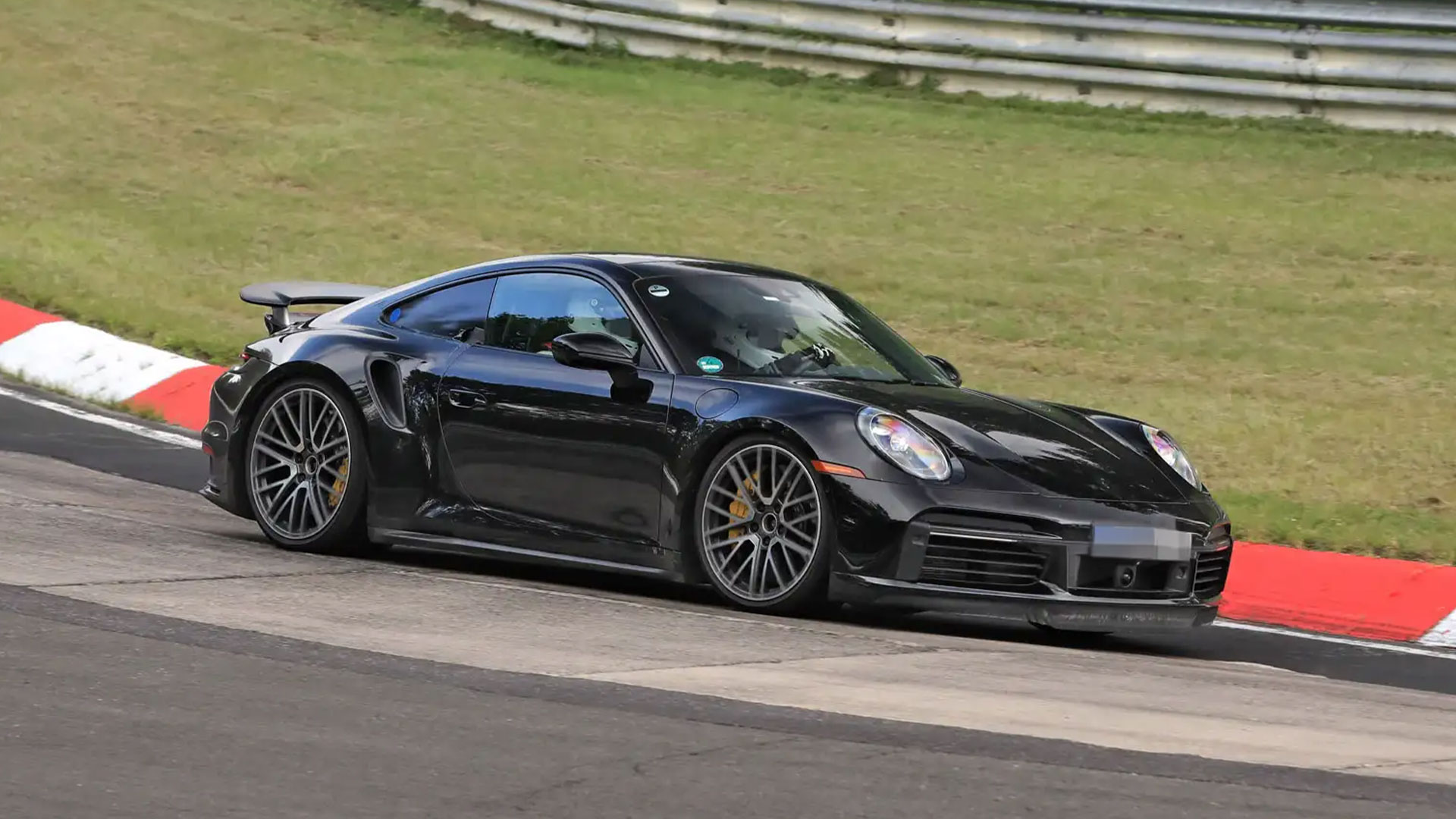The New Porsche 911 Hybrid:
Can a Hybrid Be a Track Monster?
The Porsche 911 has long been an icon in the automotive world, celebrated for its distinctive design, engineering excellence, and track prowess since its debut in 1963. As the automotive industry evolves, hybrid technology has become increasingly prevalent, merging performance with efficiency. The new Porsche 911 Hybrid, set to debut on May 28, 2024, represents a significant milestone in this journey.
With hybrid sports cars like the Ferrari SF90 Stradale and McLaren Artura already making waves, the question arises: Can the new Porsche 911 Hybrid uphold the 911’s legendary track performance while embracing hybrid innovation?
The Evolution of the Porsche 911
Since its debut in 1963, the Porsche 911 has become an automotive legend, renowned for its distinctive design and engineering excellence. Over the past 60 years, the 911 has continually evolved, setting benchmarks in performance and innovation. Key milestones include the introduction of the 911 Turbo in 1974, which brought turbocharging to the masses, and the switch to water-cooled engines with the 996 generation in 1998.
Each iteration has pushed the boundaries of what a sports car can achieve, from the air-cooled classics to the modern, high-tech marvels. The latest evolution, the 911 Hybrid, represents a new chapter in this storied lineage. Combining hybrid technology with the 911’s legendary performance, it aims to redefine what a hybrid sports car can be, continuing Porsche’s tradition of innovation and excellence.
Tech Specs of the Hybrid 911
The upcoming Porsche 911 Hybrid represents a significant leap in the evolution of this iconic sports car, blending traditional performance with cutting-edge hybrid technology. At the heart of this new model is a re-engineered 3.6-liter flat-six engine, replacing the previous 3.0-liter variant. This engine is paired with an electric motor, which is said to be co-developed with Rimac, which is integrated into the drivetrain to provide additional power and efficiency.
The hybrid system features a 400-volt electrical architecture, including an integrated starter-generator and a compact lithium-ion battery pack. This setup allows the electric motor to drive the front wheels, while the combustion engine powers the rear, resulting in an all-wheel-drive configuration. The electric motor is expected to contribute up to 90 horsepower, enhancing both acceleration and overall performance. From what we know so far, we’re expecting the new 911 Hybrid to output a combined 475-hp, which is around the same power as the current 911 GTS.
Performance metrics for the hybrid 911 are impressive, with combined horsepower and torque figures rumored to be significantly higher than the current models. Acceleration times are expected to improve, making the hybrid 911 one of the fastest in the lineup. The hybrid system also includes regenerative braking, which helps recharge the battery and improve efficiency without compromising the car’s dynamic driving experience.
This innovative hybrid powertrain not only boosts performance but also aligns with Porsche’s commitment to sustainability, ensuring the 911 remains a benchmark in the sports car world.
Track Performance: The Ring
The new Porsche 911 Hybrid has set an impressive Nürburgring lap time of 7 minutes and 16.9 seconds, shaving 8.7 seconds off its predecessor’s time. This remarkable achievement underscores the hybrid’s enhanced performance capabilities. Porsche’s rigorous testing and development process, which spanned over 3 million miles across various conditions, played a crucial role in refining the hybrid system.
Porsche brand ambassador Jörg Bergmeister, who piloted the hybrid 911 during its record-setting lap, praised the car’s increased grip, power, and responsiveness. “The new 911 has become significantly faster on the track,” Bergmeister noted, highlighting the advantages of the performance hybrid system. This extensive testing, from freezing cold to scorching heat, ensured the hybrid 911’s reliability and performance, making it a formidable contender on the track.
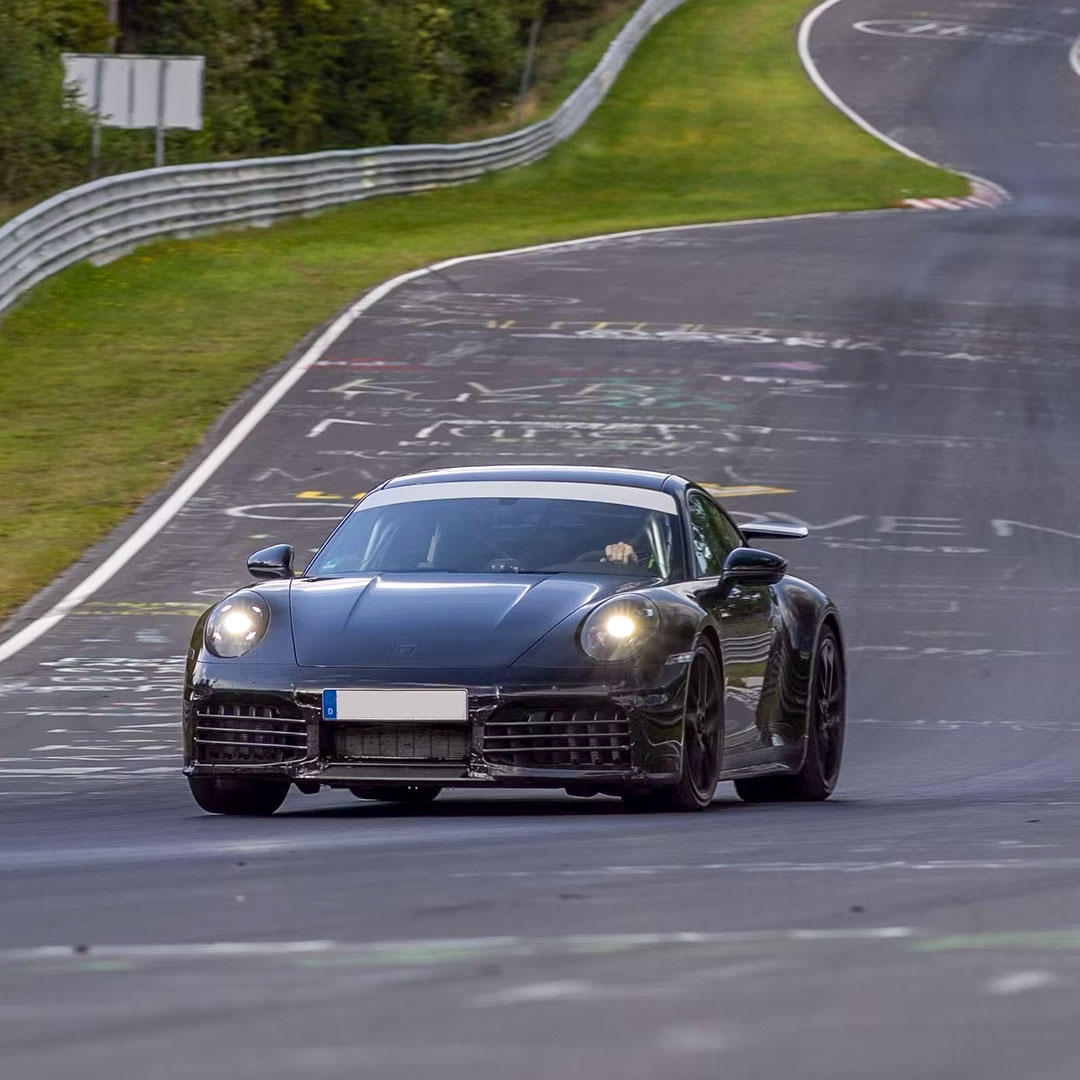
Design and Style
The new Porsche 911 Hybrid maintains the iconic silhouette that has defined the 911 for over six decades, with subtle yet impactful updates. The exterior features a refreshed front bumper with larger vertical air intake slats, slightly tweaked headlights, and a redesigned rear bumper with a new exhaust layout. These changes modernize the 911’s look while preserving its classic appeal.
Inside, the updates are equally refined. Expect new trim options, an updated infotainment system, and potentially a fully digital instrument cluster inspired by the Taycan. These enhancements blend traditional Porsche aesthetics with modern technology.
The hybrid system introduces a new dynamic to the 911’s handling. By integrating an electric motor to drive the front wheels, the car achieves a more balanced weight distribution, improving grip and stability. This setup enhances the 911’s renowned driving experience, making it even more responsive and agile on the track.
Market Position and Competition
The Porsche 911 Hybrid is poised to occupy a unique position within Porsche’s lineup, bridging the gap between traditional internal combustion models and the brand’s future electric offerings. Positioned above the Carrera and Carrera S, the 911 Hybrid is expected to compete directly with high-performance hybrids like the Mercedes-AMG GT E-Performance. This places it in the premium sports car segment, targeting enthusiasts who seek both performance and efficiency.
In terms of pricing, the 911 Hybrid is anticipated to start around $150,000, reflecting its advanced technology and performance capabilities. Availability is expected shortly after its debut on May 28, 2024, with initial deliveries likely by the end of the year.
The 911 Hybrid will face competition from other hybrid sports cars, including the BMW i8 and the upcoming Ferrari 296 GTB, but its blend of Porsche’s engineering excellence and hybrid innovation aims to set a new benchmark in the segment.
The Future of the 911
We’ve explored the evolution of the Porsche 911, highlighting its iconic status and key milestones over the past 60 years. We’ve delved into the tech specs of the new 911 Hybrid, including its innovative hybrid powertrain and performance metrics. The Nürburgring lap time of 7 minutes and 16.9 seconds, 8.7 seconds faster than its predecessor, underscores its track capabilities. Design and style updates maintain the 911’s classic appeal while integrating modern touches, and we’ve positioned the 911 Hybrid within Porsche’s lineup, comparing it to competitors like the Mercedes-AMG GT E-Performance.
So, can the new Porsche 911 Hybrid truly be considered a track monster? With its advanced hybrid system, enhanced performance, and rigorous testing, it certainly seems poised to uphold the 911’s legendary track prowess.
Stay tuned for the official reveal on May 28, and follow up with detailed reviews and test drives. For those eager to experience the new 911 Hybrid firsthand, schedule your appointments with us at HOUSE Automotive. We are fully equipped to handle all service and maintenance needs for this groundbreaking model.
None of the images used in this article are taken by HOUSE Automotive. We do not intend to infringe on any copyrights or claim these images as our own. All images are used under the fair use doctrine for illustrative purposes only, and all rights to the images belong to their respective owners. If you are the copyright owner of any image used in this article and believe it has been used without proper permission, please contact us, and we will promptly address the issue.

